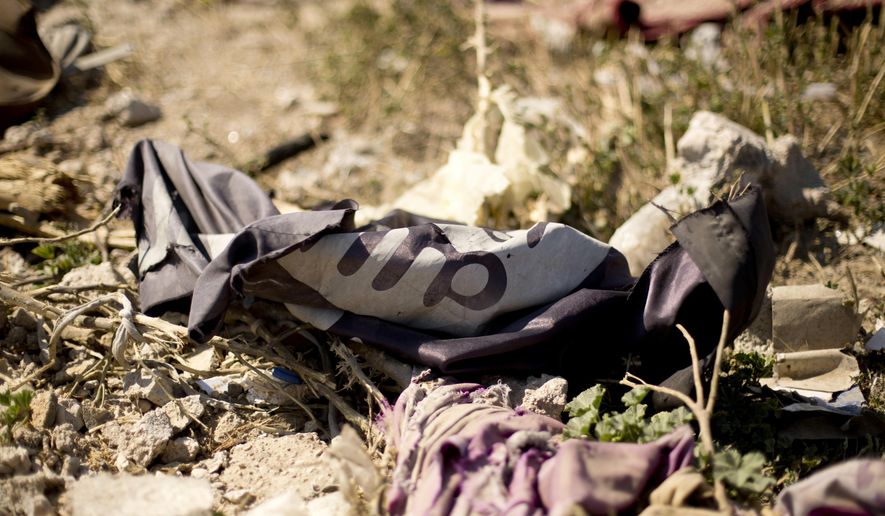A region of northeastern Syria that U.S. forces ceded to Turkey has seen a spike in Islamic State-backed attacks, researchers said Wednesday during a roundtable discussion on religious liberty.
The U.S. Commission on International Religious Freedom convened the talk on violations in the wake of American troops pulling back from a religiously diverse region of northeastern Syria where memories of the Armenian genocide a century earlier still reside.
“These events ended much of the good work for the last five, six years to properly defeat ISIS,” said Hassan Hassan, program director for non-state actors and geopolitics at the Center for Global Policy.
Since October, an autonomous government backed by Turkish President Recep Tayyip Edrogan has maintained control over sections of the Syrian region.
Other experts spoke about rising sectarianism, authorities denying Christian and Kurdish women identification cards for not wearing head coverings, and raided graveyards.
“Rather than respect the area’s diversity, Turkey has engaged in ethnic cleansing,” said Michael Rubin, resident scholar at the American Enterprise Institute.
Amy Austin Holmes, a fellow at the Woodrow Wilson Center and visiting scholar at Harvard University, spoke of rising violence against religious minorities, including the displacement of 137 Christian families, since Turkish forces intervened in northern Syria last year.
“Unless turkey withdraws from the areas it occupies, it is unlikely the original inhabitants … will ever return to their homes,” Ms. Holmes said.
Panelists also said attacks led by ISIS extremists have “intensified” against security forces, oil fields and civilian sites inside Syria in 2020, according to Military Times.
“What starts in Syria will not stay in Syria,” Mr. Hassan said Wednesday.
• Christopher Vondracek can be reached at cvondracek@washingtontimes.com.




Please read our comment policy before commenting.